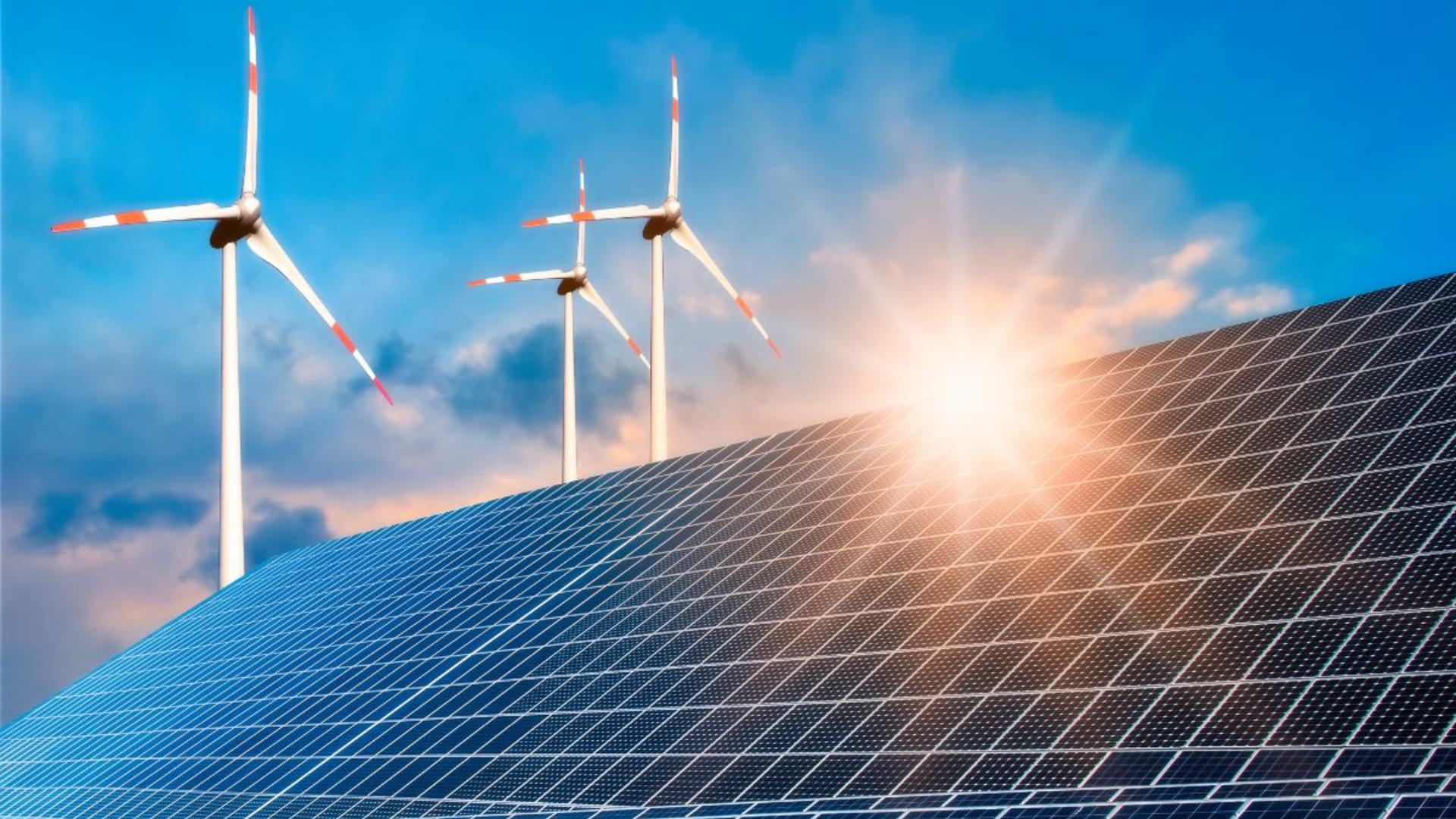
Alternative energy, commonly known as renewable energy, is currently considered one of the most effective options to help solve, at least in part, the problems related to environmental pollution.
What are alternative energies?
These are all energy sources used as substitutes for traditional ones, such as coal and fossil fuels. Alternative energies, in fact, exploit potentially inexhaustible sources, as they are naturally produced, and thus do not contribute to harmful emissions that cause significant environmental impact.
Among the most commonly used alternative energies, we find:
- Wind energy: using wind turbines or mills, it harnesses the power of the wind to generate clean energy;
- Solar energy: obtained through the installation of photovoltaic systems that capture solar radiation and convert it into energy;
- Hydroelectric energy: produced from the kinetic energy of water through turbines installed in rivers and streams;
- Geothermal energy: produced from the Earth’s heat, particularly advantageous in volcanic and geologically active areas.
Which sources can be used in everyday life?
Undoubtedly, among the most common sources for domestic use, we find solar energy. By installing photovoltaic systems and panels, it is possible to produce clean energy that can be stored and used at any time. This energy is produced directly from solar radiation, which is captured and subsequently converted.
The produced energy will be useful for powering household appliances and devices, providing not only a significant economic return by reducing utility bills but also contributing to environmental sustainability.
Moreover, using wind turbines in windy areas can also be an alternative to generate clean energy for domestic use, mainly for lighting purposes.
What are the benefits of using alternative energy?
The benefits of using alternative energy are numerous and mainly depend on the common characteristic they share: inexhaustibility, due to the use of abundant and infinite natural resources.
Using alternative energy in everyday life will be essential for a more eco-sustainable future: for example, the use of solar energy produced by panels reduces greenhouse gas emissions, the primary cause of climate change and the increase in Earth’s temperature.
The ecological and economic benefits offered will be significant, and integrating them into our daily lives will be an important step toward protecting the environment around us, as well as towards considerable savings.